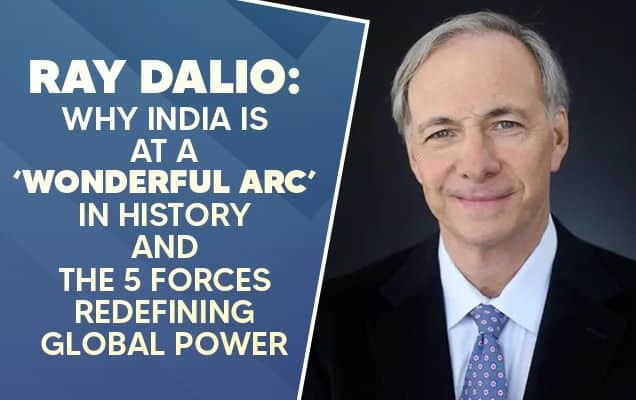|
Sl. No. |
MoU/Agreement |
Brief description |
Signatory from the Indian side |
Signatory from the Nepalese side |
|
1. |
MoU on utilization of US$ 250 million Grant component of GOI’s Assistance package for Post-earthquake reconstruction assistance |
Four sectors, i.e., housing, health, education and cultural heritage have been identified. In housing, US$ 100 million would be utilised for construction of 50,000 houses in 14 severely earthquake affected districts. US$ 50 million each would be utilised in health, education and cultural heritage sectors in 31 earthquake affected districts of Nepal. |
Smt. Sushma Swaraj, External Affairs Minister |
Kamal Thapa, DPM and Foreign Minister |
 |
||||
|
2. |
MoU on strengthening of road infrastructure in the Terai area of Nepal |
This MoU will enable speedy implementation of remaining work on 17 Roads in Package 2, 3, 4, 5 and 6 of the Terai Road Phase-I project, totalling 518 kms. Two roads in Package 1 totalling 87 kms have already been completed. |
Ranjit Rae, Ambassador of India |
Arjun Kumar Karki, Secretary, Ministry of Physical Transport |
 |
||||
|
3. |
MoU between Nepal Academy of Music and Drama and Sangeet Natak Academy |
This MoU aims to enhance relations between India and Nepal in the field of performing arts through exchanges of experts, exponents, dancers, scholars and intellectuals. |
Helen Acharya, Secretary, Sangeet Natak Academy |
Deep Kumar Upadhyay, Ambassador of Nepal |
 |
||||
|
4. |
Letters of Exchange on Transit Routes: (i) Transit between Nepal and Bangladesh through Kakarbitta-Banglabandh corridor (ii) Operationalization of Vishakhapatnam Port |
i) This Exchange of Letters between India and Nepal would result in simplification of modalities for traffic of goods between Nepal and Bangladesh while transiting through India, through the Kakarbhitta (Nepal) and Banglabandha (Bangladesh) corridor. ii) This Exchange of Letters would provide for transit facilities for Nepal through the Vishakhapatnam port. |
Rita Teaotia, Commerce Secretary |
Naindra Prasad Upadhyay, Commerce Secretary Naindra Prasad Upadhyay, Commerce Secretary |
 |
||||
|
5. |
Letters of Exchange on Rail Transport: (i) Rail transport to/from Vishakhapatnam (ii) Rail transit facility through Singhabad for Nepal’s Trade with and through Bangladesh |
(i) This Exchange of Letters would allow for rail transport to and from Vishakhapatnam to Nepal. (ii) This Exchange of Letters would help operationalise rail transit facility through Singabad in India for Nepal’s trade with and through Bangladesh. |
A.S. Upadhyay, Advisor (Traffic & Transportation), Railway Board A.S. Upadhyay, Advisor (Traffic & Transportation), Railway Board |
A.S. Upadhyay, Advisor (Traffic & Transportation), Railway Board A.S. Upadhyay, Advisor (Traffic & Transportation), Railway Board |
|
6. |
Inauguration of Muzaffarpur-Dhalkebar transmission line [Initial supply of 80 MW, to be augmented to 200 MW by October 2016 and 600 MW by December 2017] |
The Nepal portion of the 400 KV Muzaffarpur-Dhalkebar transmission line is being implemented by GoN, under an LoC of US$ 13.5 million. 80 MW power would flow immediately through this line, with an initial charge of 132 KV. Thereafter, it will be augmented to 200 MW in October 2016 at 220 KV, and then to 600 MW by December 2017 at 400 KV. |
Launch by the two Prime Ministers |
|
|
7. |
Establishment of Eminent Persons Group |
At the third meeting of the India–Nepal Joint Commission held at Kathmandu in July 2014, it was decided to establish an Eminent Persons Group (EPG). The EPG comprises eight members with each country nominating four members, preferably a parliamentarian, a lawyer, an economist and a civil society activist. The EPG has now been constituted. Its mandate would be to comprehensively review bilateral relations and recommend measures including institutional frameworks to further enhance bilateral ties. |
Nepalese composition MP Rajan Bhattarai; Former FM Bhek Bahadur Thapa; Former CIAA Chief Surya Nath Upadhyay; and Former Law Minister Nilambar Acharya. |
|













